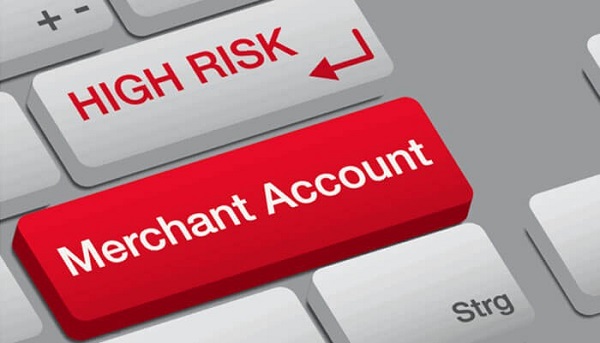- High Chargeback Rates: Dropshipping businesses often face higher chargeback rates compared to traditional retail models. Chargebacks occur when customers dispute a transaction with their credit card issuer. Due to the nature of dropshipping, where the customer might receive products directly from a third-party supplier, there can be issues related to product quality, shipping times, or discrepancies between what was advertised and what was received, leading to an increased likelihood of chargebacks.
- Product Quality and Authenticity Concerns: With dropshipping, merchants typically don’t have direct control over the inventory or fulfillment process. This lack of control can lead to issues such as delays in shipping, product quality concerns, or customers receiving items that don’t match their expectations. These factors contribute to a higher risk of customer dissatisfaction and disputes.
- Fraudulent Activities: Dropshipping businesses may attract fraudulent activities, such as fraudulent transactions or stolen credit card use. Fraudsters may exploit the model due to its virtual nature, making it challenging for merchants to verify the authenticity of the orders.
- Fluctuating Inventory and Supplier Issues: Dropshippers often rely on multiple suppliers, and the availability of products can be unpredictable. This can result in delayed shipments, order cancellations, or backorders, leading to customer dissatisfaction and increased chargeback risk.
- Unpredictable Shipping Times: Since dropshipping involves shipping products directly from suppliers to customers, shipping times can be variable and may not meet customers’ expectations. This can lead to customer complaints and an increased risk of chargebacks.
- Inconsistent Customer Service: Dropshipping merchants might not have direct control over customer service, as communication with customers may need to go through the supplier. Inconsistent or poor customer service can contribute to disputes and chargebacks.

